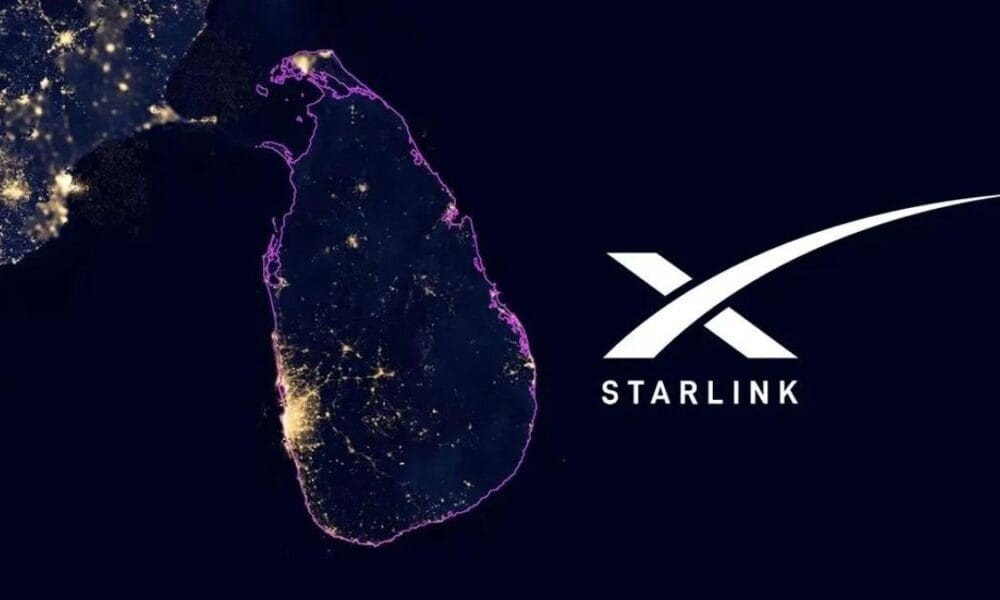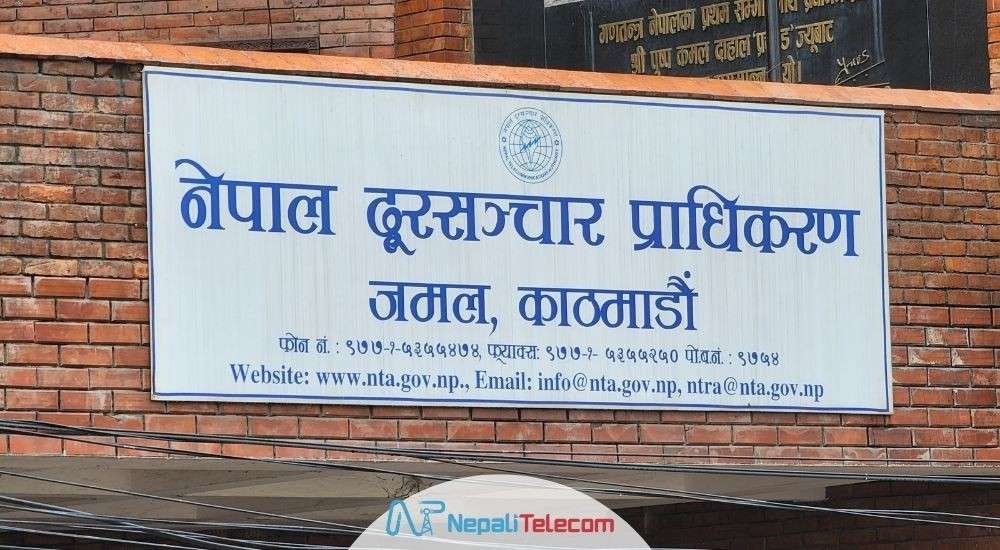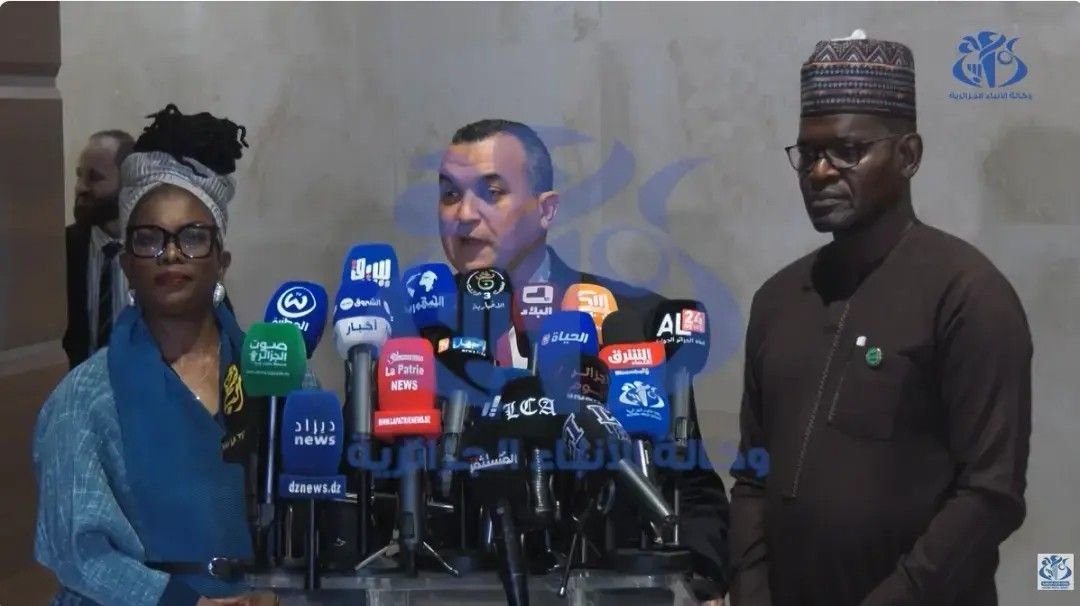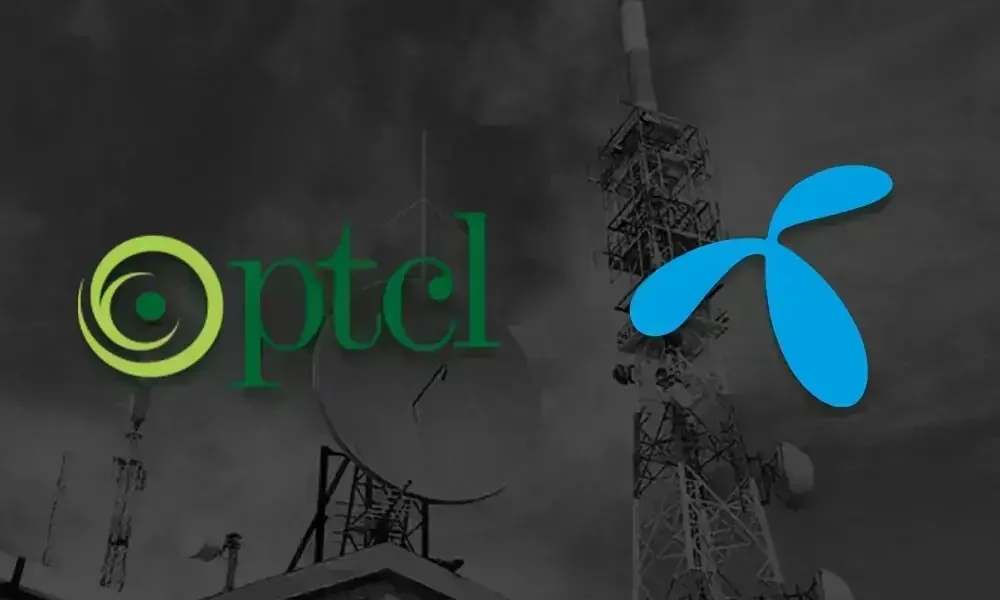Sri Lanka has paused the rollout of Starlink, a satellite internet service, due to concerns over national security and regulatory oversight. While Starlink offers a potential solution for bridging the country’s connectivity gaps, particularly in remote, underserved, and disaster-prone areas, the government’s inability to monitor the traffic it carries has raised alarm. The pause reflects a broader debate over digital sovereignty, as Sri Lanka seeks to assert control over foreign digital infrastructure and ensure that services comply with national laws.
Starlink, with its network of over 6,000 satellites, promises to deliver fast, reliable internet, which is especially valuable in areas where fiber and mobile networks are limited. However, the lack of local routing and oversight in its infrastructure conflicts with Sri Lanka’s regulatory goals, which prioritize legal accountability, security, and interoperability with national regulations.
While countries like Lesotho and Cambodia have embraced Starlink through trade negotiations, Sri Lanka has taken a more independent approach, launching regulatory reforms and pausing the rollout to address security concerns. The government’s digital governance agenda includes strict control over online platforms and services, with a focus on national security, disinformation, and the regulation of foreign-operated digital infrastructure.
The pause follows broader shifts in Sri Lanka’s digital strategy, including the passage of the Online Safety Act in 2024 and concerns over foreign companies like Huawei, which was sidelined amid espionage fears despite not being banned. The government’s caution around Starlink reflects similar concerns over foreign surveillance and the risks of domestic blind spots.
Former President Ranil Wickremesinghe’s administration had fast-tracked Starlink’s approval in 2024, but the current administration under President Anura Kumara Dissanayake has raised concerns about the limited integration of Starlink with Sri Lanka’s national infrastructure. The absence of regulatory oversight and control over critical digital infrastructure has prompted the pause, with experts suggesting that a more strategic approach could involve conditional approvals or partnerships with domestic providers.
While Sri Lanka’s hardline stance on Starlink might slow digital inclusion, especially in hard-to-reach areas, the government must strike a balance between fostering innovation and safeguarding national security. The case highlights the need for clearer digital infrastructure policies, as Sri Lanka faces similar questions regarding foreign cloud services, cross-border data flows, and AI platforms.















